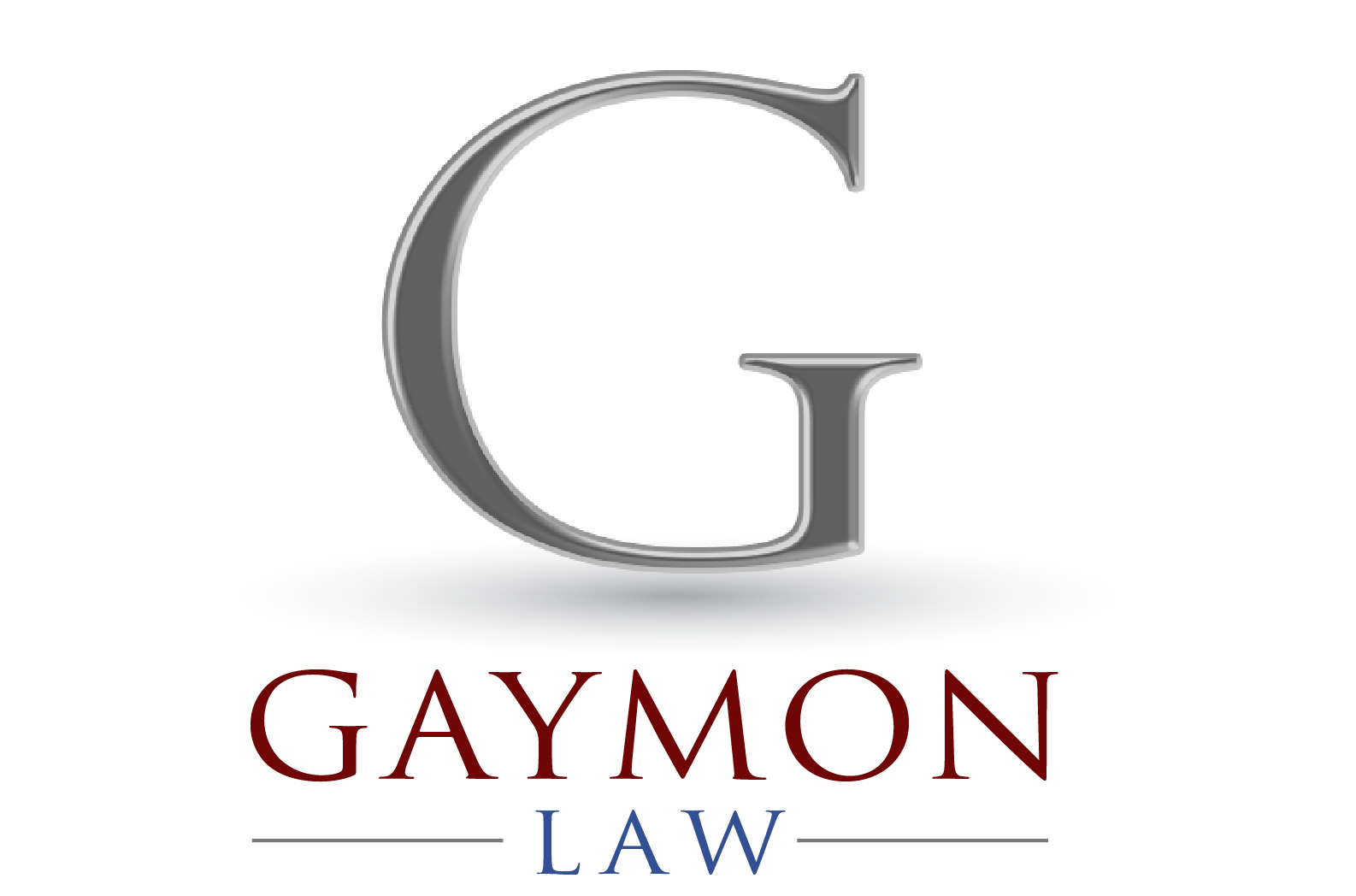Innocent Spouse Relief
Ted and Alice were married for 10 years. Ted worked to support the family and Jane took care of their two young children. Ted and Alice, like most married couples, filed joint tax returns. When Ted and Alice divorced in 2004, Alice got the house, the kids, and not enough child support payments. Alice received one other thing from her marriage: a recent notice from the IRS that Ted hadn’t reported all of his income on the joint tax returns they had filed during their marriage and that she would have to pay the additional tax owed on the unreported income, including penalties and interest. The IRS informed her that she was liable for the additional tax because she signed joint tax returns with Ted. Alice is now working to support herself and her children, but the IRS is threatening to garnish her wages for the tax liability that arose during her marriage to Ted.
Does this sound like your case?
Although the facts may vary, similar cases occur all the time. Sometimes your spouse died before you discover his or her unreported income or “aggressive” tax planning. Sometimes, your spouse filed a bankruptcy before you discovered the problem. Sometimes it’s the wife who underpaid her taxes, and sometimes it’s the husband. The problem common to all of those circumstances is the fact that the IRS is trying to garnish your wages or attach your bank account simply because you filed a joint tax return with your wife or husband.
A fair solution is now available. Before 1998, the IRS provided “innocent spouse” relief to taxpayers that qualified under very strict and complicated rules. The rules were arbitrary and complex, and most taxpayers were denied relief for a number of unfair, highly technical reasons. However, as a part of Internal Revenue Service Restructuring and Reform Act of 1998 (RRA 98), Congress changed the Internal Revenue Code to make “innocent spouse relief” easier and fairer.
Innocent Spouse Rules
The Innocent Spouse rules created by Congress in RRA 98 provide for three types of relief. You may qualify for “general liability relief” — often called 6015(b) relief — an improved and fairer version of the old innocent spouse rules; “allocated liability relief,” also known as 6015(c) relief; or even simple IRS “equitable relief” if you fail to qualify for one of the first two types. However, despite the changes that make spousal relief easier to obtain, it important to understand that even under these easier, fairer rules, spousal relief is not always allowed. A word to the wise: If you believe there is something wrong with your joint tax return, don’t sign it. If your spouse won’t agree to file a correct return, file separately. Although filing a joint return will usually result in a lower immediate tax liability, filing an incorrect return can also mean paying a lot more tax in future.
I. General Liability or 6015(b) Relief
A requesting spouse may elect relief from joint and several liability if: (1) a joint return was filed; (2) the return had an understatement of tax attributable to erroneous items of the spouse (non-requesting spouse); (3) the requesting spouse establishes that he or she had no knowledge or reason to know that there was an understatement of tax when they signed the return; (4) it would be inequitable to hold the requesting spouse liable for the understatement (taking into account all the facts and circumstances); and (5) the requesting spouse elects 6015(b) relief no later than two years after the date of the first collection activity after July 22, 1998.
Note: Section 6015(b) Relief is available for proposed or assessed deficiencies, but is not available for liabilities that were properly reported on the return but not paid. Relief may be sought for these liabilities under the 6015(c) provisions for equitable relief, subject to IRS approval.
II. Allocated Liability or 6015(c) Relief
A requesting spouse may elect to allocate a deficiency between the spouses if: (1) a joint return was filed; (2) the requesting spouse is no longer married to, is legally separated from, or has not been a member of the same household as the non-requesting spouse at any time during the 12-month period ending on the date the 6015(c) election was filed; (3) the application is filed no later than two years after the date of the first collection activity after July 22, 1998; and (4) the deficiency remains unpaid.
Note: Allocated Liability or 6015(c) Relief will be denied if: (1) the IRS establishes that assets were transferred between the requesting spouse and the non-requesting spouse as part of a fraudulent scheme (and § 6013(d)(3) shall apply to the joint return); (2) the IRS demonstrates that the requesting spouse had actual knowledge of an item giving rise to a deficiency at the time the return was signed; or (3) disqualified assets are transferred to the requesting spouse by the non-requesting spouse, unless the liability exceeds the value of the disqualified assets. 6015(c) Relief is available for proposed or assessed deficiencies, but is not available for liabilities that were properly reported on the return but not paid. Relief may be obtained for these unpaid liabilities under the equitable relief provisions if allowed by the IRS.
III. Equitable Relief
If a spouse does not qualify for either 6015(b) Relief or 6015(c) Relief, the IRS is authorized to grant “equitable relief” if it determines that it would be inequitable to hold a requesting spouse liable for any unpaid tax or any deficiency (or any portion of either). The IRS will generally grant equitable relief for unpaid joint return liability if: (1) the requesting spouse is no longer married or is legally separated from the non-requesting spouse, or has not been a member of the same household as the nonrequesting spouse for 12 months; (2) the requesting spouse had no knowledge or reason to know that the tax would not be paid when the return was signed and establishes that it was reasonable to believe that the nonrequesting spouse would pay the reported liability; and (3) the requesting spouse will suffer economic hardship if relief is not granted.
The IRS will consider a number of factors before determining whether to grant equitable relief. Some of the factors (positive and negative), include:
Equitable Relief Factors
Positive factors: (1) requesting spouse is separated or divorced from the non-requesting spouse; (2) requesting spouse would suffer economic hardship if relief from the liability is not granted; (3) requesting spouse was abused by the non-requesting spouse (but the abuse did not amount to duress; (4) requesting spouse did not know and had no reason to know of the item or that the liability would not be paid; (5) the non-requesting spouse has a legal obligation pursuant to a divorce decree or agreement to pay the outstanding liability; (6) liability is solely attributable to the non-requesting spouse.
Negative factors: (1) the liability is attributable to the requesting spouse; (2) the requesting spouse knew or had reason to know of the item or that the reported liability would be unpaid at the time the return was signed; (3) the requesting spouse has significantly benefited from the unpaid liability or items giving rise to the deficiency; (4) the requesting spouse will not experience economic hardship if relief from the liability is not granted; (5) the requesting spouse has not made a good faith effort to comply with federal income tax laws in the tax years following the tax year(s) in question; (6) the requesting spouse has a legal obligation pursuant to a divorce decree or agreement to pay the liability.
Note: The IRS will not consider granting equitable relief for joint and several liability unless: (1) the requesting spouse filed a joint return for the taxable year in question; (2) no relief is available under 6015(b) or 6015(c); (3) relief is applied for no later than two years after the date of the first collection activity after July 22, 1998; (4) the liability generally remains unpaid; (5) no assets were transferred between the spouses as part of a fraudulent scheme; (6) there were no disqualified assets transferred to the requesting spouse by the other spouse; and (7) the requesting spouse did not file the return with fraudulent intent.
If you are facing a large tax liability because of your spouse and need help, please consider contacting me at The Gaymon Law Firm, PLLC, telephone (703) 407-9130, or by completing the Contact Form contained on this Web site.


